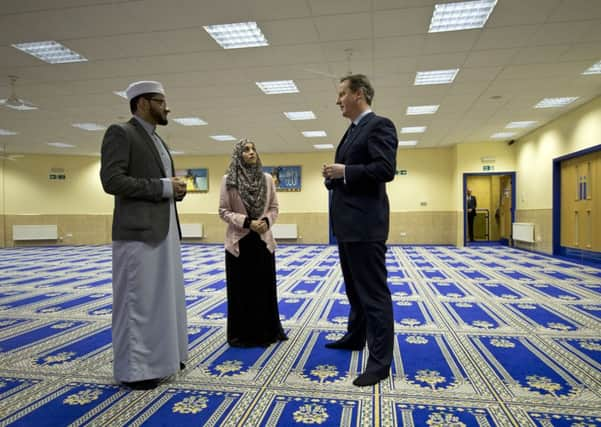Imams to wage war against IS on internet


They believe the use of the internet is now so critical to the fight against Daesh that imams and Islamic scholars will meet in Bradford tomorrow for a conference which will explore the issue – and the duty of Muslim community leaders to use their influence to condemn extremists.
Those involved include Qari Asim who welcomed David Cameron to his Leeds mosque on Monday where the Prime Minister set out a controversial £20m scheme to compel Muslim women to learn English.
Advertisement
Hide AdAdvertisement
Hide AdWriting in The Yorkshire Post, Mr Asim says the advent of social media in the past 20 years has changed the terms of debate. “Imams are holding this digital summit because they feel passionate about combating extremism and educating youths about authentic peace-loving Islam – empowering young men and women of their community and raising their aspirations, inspiring them to be active citizens of the digital world, involved in many online and off-line social actions,” he says.
“Nothing could be more worrying and troubling for imams than seeing young Muslims being groomed and brain-washed by such sites. British imams are of the view that, in these relatively troubling times, ensuring that mosques are free of hate-preachers is no longer enough; ensuring that radicalisation does not take place in the mosques is no longer sufficient. Online radicalisation is a threat to us all and we have a shared responsibility to tackle it and root it out.”